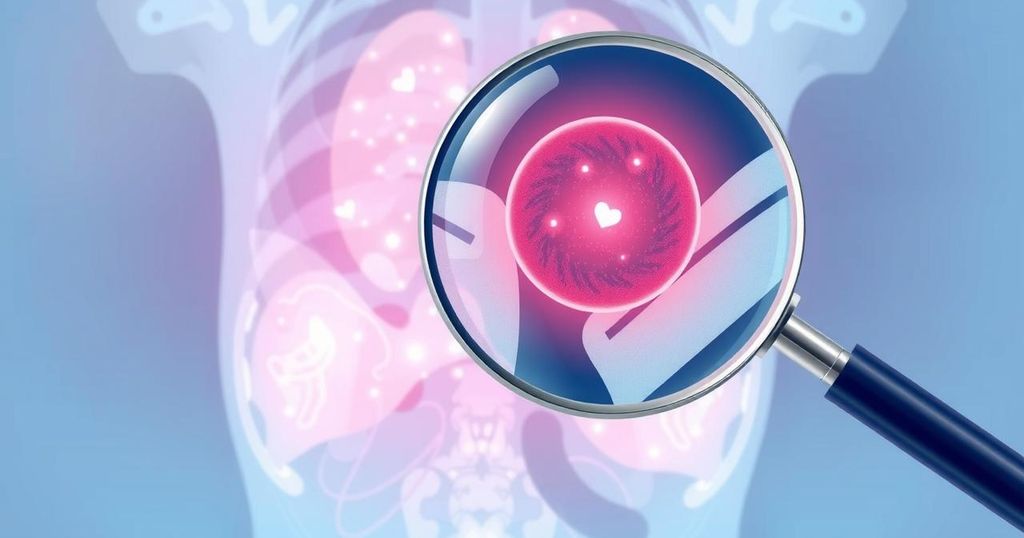AI
Tech
ARTIFICIAL INTELLIGENCE, DEPARTMENT OF MEDICAL IMAGING, EUROPE, GOMMERS, J. GOMMERS, JESSIE J, JESSIE J. J. GOMMERS, MEDICINE, NETHERLANDS, NIJMEGEN, PRECISION MEDICINE, RADB, RADBOUD UNIVERSITY MEDICAL CENTER, RADIOLOGICAL SOCIETY OF NORTH AMERICA, RSNA, SOFTWARE DEVELOPMENT, TECHNOLOGY, UNIVERSITY MEDICAL CENTER, WOMEN'S HEALTH
Liam Kavanagh
0 Comments
Artificial Intelligence Enhances Radiologists’ Accuracy in Breast Cancer Detection
- Artificial intelligence boosts radiologists’ accuracy in detecting breast cancer.
- Eye tracking technology was utilized to study radiologist visual search patterns.
- Radiologists improved detection accuracy significantly with AI support compared to standard methods.
- The study involved 12 radiologists and 150 mammography cases.
- AI-assisted readings allowed radiologists to concentrate on suspicious lesions effectively.
AI Improves Radiologists’ Focus on Breast Cancer Detection
Artificial intelligence (AI) is showing real promise in enhancing breast cancer detection accuracy for radiologists, particularly when they’re reading screening mammograms. A recent study published in the journal Radiology by the Radiological Society of North America highlights this phenomenon, demonstrating how AI allows radiologists to concentrate more on suspicious areas of mammograms. The study underscores the previously underexplored impact of AI on the visual search behavior of radiologists during screenings, which is crucial for improving patient outcomes.
Insights from Eye Tracking Reveal Radiologists’ Behavior
In this intriguing study, researchers equipped radiologists with an eye-tracking system to assess how AI decision support influences their performance and visual search patterns. Twelve radiologists analyzed mammography examinations from 150 women—half of whom were diagnosed with breast cancer. The results were compelling: radiologists benefited from AI support, showing greater accuracy in cancer detection when compared to conventional reading. Interestingly, there wasn’t any significant variation in mean sensitivity, specificity, or reading time, indicating that AI assists without extending the workload.
Balancing AI Reliability with Radiologist Accountability
Jessie J. J. Gommers, M.Sc., a key author of the study, emphasizes that the AI’s guidelines acted as visual prompts, steering radiologists toward potentially concerning regions. This adjustment in reading behavior suggests that AI plays a meaningful role in optimizing efficiency and performance in breast cancer screening. However, she warns against the pitfalls of over-relying on AI, which could risk missing actual cancers or result in unnecessary callbacks for more imaging. As the research continues, the focus lies on teaching radiologists to critically interpret AI output and on developing systems that gauge when AI is certain about its decisions, ensuring optimal use of this technology.
In summary, this study reveals promising findings that artificial intelligence can sharpen radiologists’ focus and accuracy in breast cancer detection during mammograms. With AI enhancing visual search, radiologists may better navigate complexities in their readings while also maintaining efficiency. However, ensuring that radiologists remain vigilant against over-reliance on AI tools is vital for mitigating risks in patient care.




Post Comment